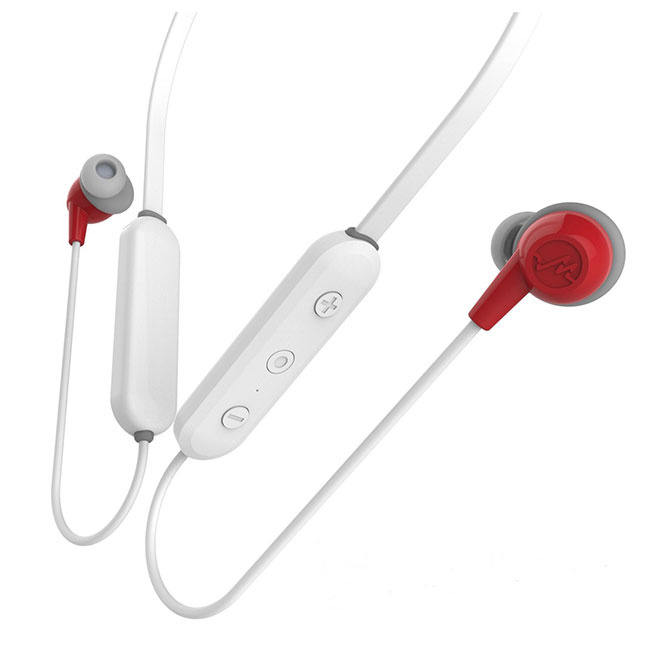Almost everyone can experience stress in their daily lives. Research shows that stress affects physical health and mental well-being, potentially releasing hormones that increase the risk of cardiovascular diseases and cancer.
A report from the American Psychological Association states that stress leads to risks of accidents, absenteeism, employee turnover, decreased productivity, and generates medical, legal, and insurance costs, causing damages of $300 billion annually.

MindMics Earbud – (Photo: MINDMICS)
After experiencing prolonged stress that affected her work and caused her back pain and fatigue, Dr. Anna Barnacka – a former researcher at NASA – used various wearable devices to monitor health and found that most were limited in data and insights related to measuring brain and heart activity. She also tried EEG devices, but they were too bulky.
Barnacka realized that the ear canal is a gateway to measuring various bodily functions, and people are already accustomed to wearing earbuds. Thus, she created a type of earbud that employs technology to detect subtle changes in the brain and heart, signaling stress: the MindMics Earbud.
MindMics measures heart rate, brain activity, and other bodily functions that were previously only available in expensive medical devices.
Barnacka then left her job at NASA to focus on her startup project, assembling a team of technologists. Together, they developed software and hardware, creating a prototype product to present to potential investors.
She demonstrated the effectiveness of this technology through clinical studies and published research in the journal of the American Heart Association. While MindMics continues to develop the technology and conduct further research, they plan to launch the product in early 2023.
Regarding competition with large tech companies, Barnacka expressed confidence. “I used to worry about competing with big companies, but we don’t want the market to see us just as a headphone brand.
MindMics aims to apply algorithms and cloud data to analyze each heartbeat, collaborating with headphone manufacturers to integrate this technology into their products, thereby benefiting the community,” she stated.
According to Straits Research, wearable fitness trackers integrated with stress measurement functions through heart rate generated a global market worth $45 billion in 2021, expected to reach $192 billion by 2030.


















































